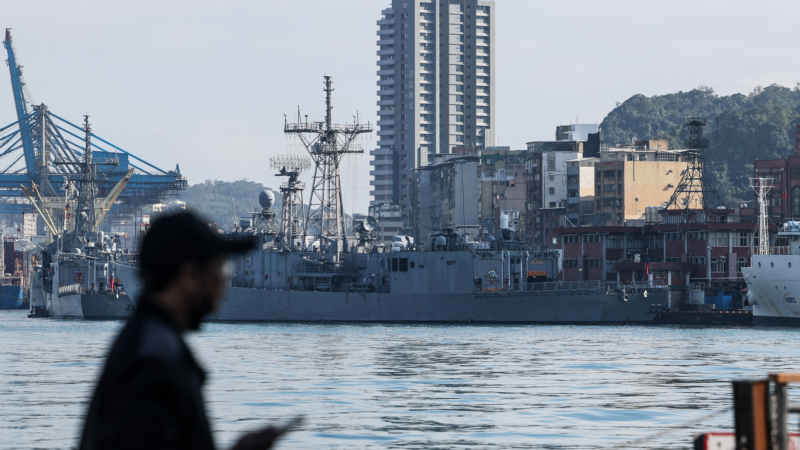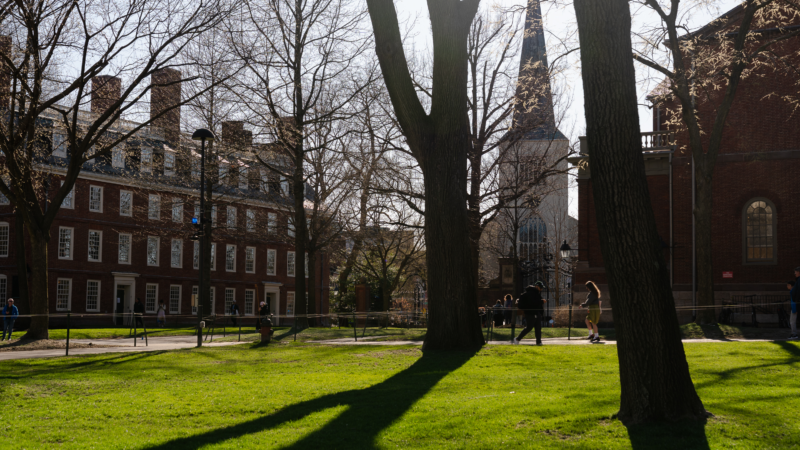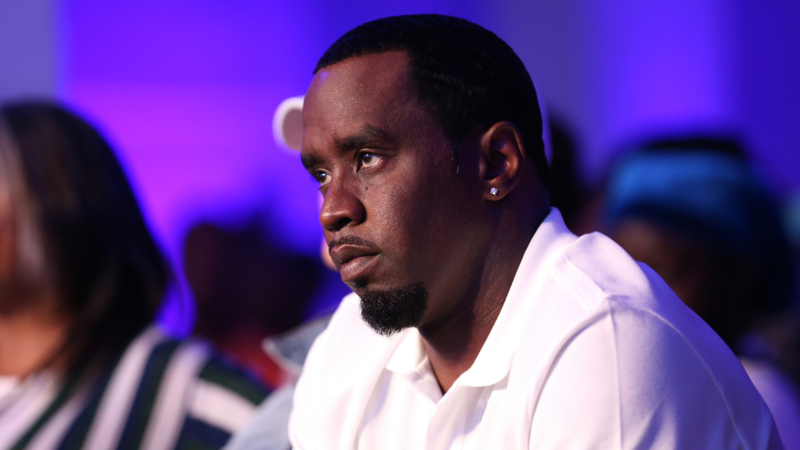The U.S. resumes hundreds of millions in security aid to Taiwan, annoying China
The U.S. government has quietly unfrozen about $870 million in security assistance programs for Taiwan, according to two officials familiar with the matter, who were not authorized to speak publicly.
It is a significant move amid dramatic cuts to foreign assistance by the Trump administration, reductions which have faced a flurry of legal challenges. On Wednesday evening, just hours before a midnight deadline, the Supreme Court’s chief justice paused a federal judge’s order to disperse some $2 billion in frozen foreign aid.
China criticized the resumed funding decision for violating its security interests in Taiwan, a democratic, self-governing island which China claims as its territory and has repeatedly threatened to invade if necessary. On Thursday, China’s Defense Ministry spokesperson Wu Qian said, “We will come get you sooner or later,” in reference to Taiwan.
A spokesperson for China’s Foreign Ministry, Lin Jian, said earlier this week the U.S. funding decision “sends a gravely wrong signal to ‘Taiwan independence’ separatist forces.”
On Wednesday, China also kicked off live-fire military drills off the shores of Taiwan’s main island.
“During this period, [China] even blatantly violated international practice by setting up a drills area in waters about 40 nautical miles off the coast … without prior warning,” Taiwan’s Defense Ministry said.
Taiwan’s Defense Ministry said it had found and monitored 45 aircraft, 14 navy vessels and one ship from the Chinese military operating around Taiwan in a 24-hour period ending Thursday.
This month, China also held live-fire drills with a group of three naval ships in international waters off the coasts of New Zealand and Australia, leading Australian authorities to issue a warning to commercial flights between the two countries over the presence of the Chinese warships.
The Chinese drills near Taiwan began a day after Taiwan’s coast guard said it detained eight Chinese sailors on a ship carrying the flag of the West African nation of Togo. The ship dropped anchor shortly before Taiwan’s state telecom company discovered a nearby undersea cable had been severed.
The cable, connecting Taiwan’s main island to a Taiwanese outlying island that is also close to China, is the third Taiwanese undersea cable in two years to be severed under suspicious circumstances. Taiwan said in at least one instance, a Chinese ship may have dragged its anchor over the cable.
Last November, two undersea fiber optic cables in the Baltic Sea were severed and officials in Sweden and other countries are investigating a Chinese-flagged ship in possible connection to the incident.
Trump again blasts Harvard over international students as judge blocks revocation
In a post on Truth Social, Trump said the home countries of some of Harvard's international students are "not at all friendly to the United States" and "pay NOTHING toward their student's education."
Why the Sean Combs trial is about more than ‘Diddy vs. Cassie’
The relationship between Combs and his ex-girlfriend, Cassie Ventura, has been the focus of the prosecution's case so far, but the charges he faces are bigger and broader.
Mumbai’s iconic pav bread might soon be toast
It's a working-class staple. And it could be priced out of the market by government efforts to make bakeries change from wood-fired ovens to other fuels to curb air pollution.
Inside Ukraine’s last maternity ward in a region surrounded by Russian forces
NPR visits a hospital in eastern Ukraine's Donetsk region, in a town where many residents have fled but some young couples are holding on and hoping to raise their children one day in peace.
Sunday Puzzle: Supermarket Brands
NPR's Ayesha Rascoe plays the puzzle with WAMC listener Maureen Perrotte of Ravena, New York and Weekend Edition Puzzlemaster Will Shortz.
The world witnessed George Floyd’s murder. 5 years later, what has changed?
Five years after George Floyd's death sparked worldwide protests over police brutality and racism, NPR's Michel Martin reflects on Morning Edition's return to Minneapolis to examine what has changed.








